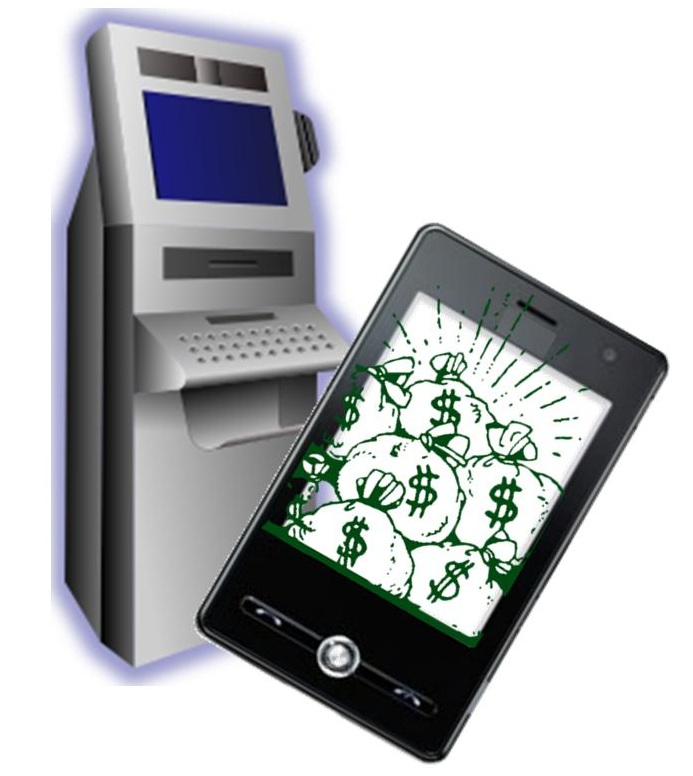This startup has launched in the United Kingdom and is already targeting 20 million users in the next 4 years.
Zapp, a mobile payments company in the United Kingdom, has vowed that it will reach 20 million users by the close of the year 2017, which would bring them to a size in which they would be considered a rival to more traditional giants in the transaction industry, such as Visa or MasterCard, by the time the decade is done.
This service was implemented earlier this year by VocaLink with the goal of boosting real time transactions.
The purpose was to bring the Zapp mobile payments, in real time, to the in-store experience, as well as online and through apps. This would help to boost the smartphone based experience both over m-commerce as well as in brick and mortar shops in the United Kingdom. It was accomplished through the integration of its system into banking applications and by using the Faster Payments rail taps.
Zapp is currently on the cusp of solidifying mobile payments deals with as many as three large banks in the United Kingdom.
Those institutions would, in turn, invite their own customers to choose to take part in the service once it is officially rolled out in the second half of 2014.
The customers who opt into this mobile payments service would be able to pay for their products and services by using their banking app, bypassing the need to use the traditional card networks. This system, according to Zapp, is even more secure and convenient than other options that are currently available to consumers as they don’t need to provide the retailer or merchant with any of their card data. Instead, there is a token that lasts for only a few moments and has no intrinsic value, but that provides the authorization for the payment request. This is passed from the retailer to Zapp, and then onward to the bank of the customer.
Especially in the case of in-store purchases, Zapp explained that the lengthy log-in requirements that are currently used by some banks for their apps access could make the process unappealing for consumers. However, Zapp allows the same bank to be used while overcoming that issue through “adaptive authentication”, which reduces the barriers for smaller sized mobile payments.

 Consumers may have more confidence in mobile commerce if banks get involved
Consumers may have more confidence in mobile commerce if banks get involved